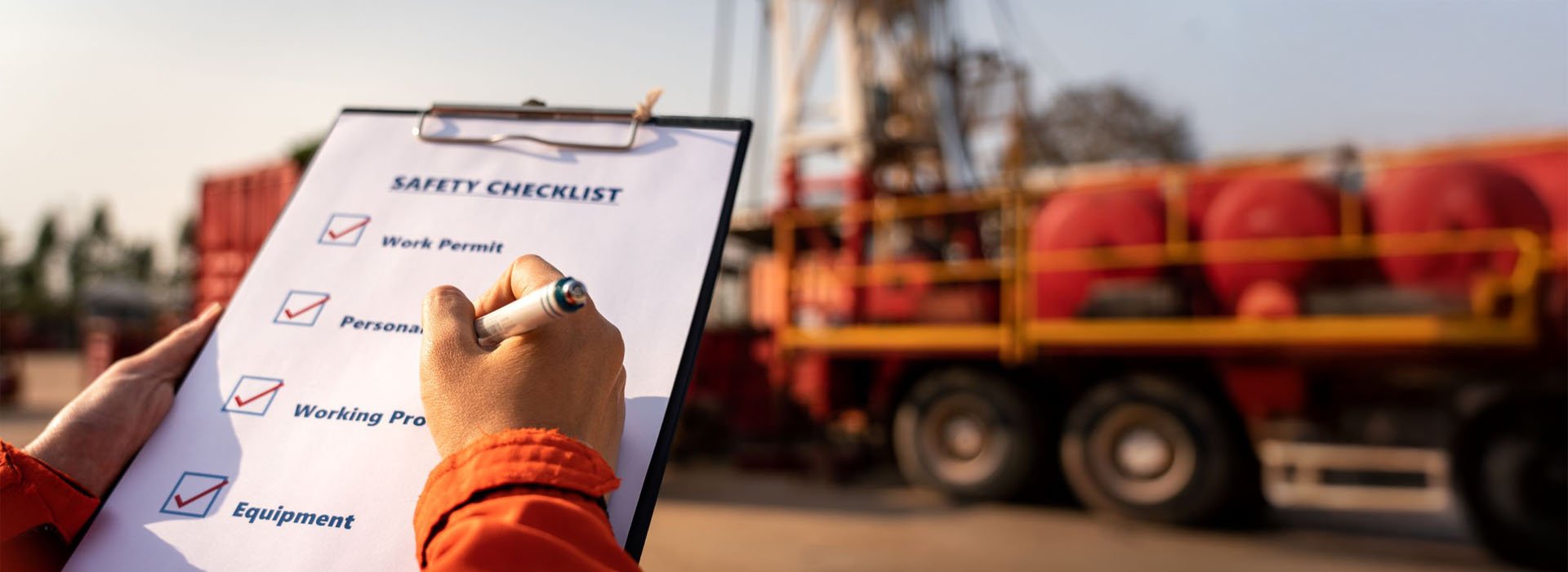Enhancing Workplace Safety Standards in Mining Operations
Workplace safety standards in the mining sector must be strengthened across all operational levels. The coal and heavy equipment industries are considered to have significantly higher risks compared to other sectors, with activities such as exploration, excavation, and large-volume material transportation exposing workers to challenging environments.

Saturday, December 14, 2024
This interview was first published in Bahasa Indonesia on Media Indonesia at https://mediaindonesia.com/ekonomi/726187/tingkatkan-standar-keselamatan-kerja-di-operasional-pertambangan
Reporter: Insi Nantika Jelita l Editor: Andhika
Srinivasan Ramabhadran, Managing Director Asia Pacific at dss+, emphasized the crucial role of contractor management in improving Occupational Health and Safety (OHS) to protect workers at mining sites.
“Worker safety management systems are receiving significant attention in high-risk industries in Indonesia. These systems need to be continuously enhanced, and contractor management can play a major role in raising these standards,” Srinivasan stated during a discussion in Jakarta on Thursday evening December 12.
He added that both mining companies and contractors should adopt the provisions of Government Regulation No. 14 of 2021, which amends Government Regulation No. 22 of 2020, implementing Law No. 2 of 2017 on Construction Services, as well as Government Regulation No. 25 of 2024 (GR 25/2024), which amends Government Regulation No. 96 of 2021 on the Implementation of Mineral and Coal Mining Activities. These regulations emphasize some of the latest safety, health, and sustainability standards.
Srinivasan explained that dss+, a global safety consultancy firm operating across various sectors, including mining, oil and gas, and chemicals, has been supporting private companies and state-owned enterprises (SOEs) for over 20 years in addressing workplace challenges.
“As a consulting firm, we work to understand what businesses need to ensure their operations run smoothly. It's critical for companies to prioritize saving workers’ lives, particularly in high-risk sectors like mining,” he noted.
In the same event, Alfonsius Ariawan, Mining & Metals Lead – Indonesia at dss+, shared that the company also assists mining firms in ensuring that their processing facilities or smelters are built and operational on schedule. This prevents budget overruns that could impact the company’s financial performance.
“For example, if there’s an indication that a smelter project might face delays, we help ensure the plant becomes operational on time and prevent excessive costs for the company,” he added.